
Radar | Apr 03,2023
Nov 2 , 2019
By Andrew DeCort
The fundamentalist mind only has two settings: good or bad, us or them, for or against. But that is lazy and narcissistic thinking that does not align with reality, argues Andrew DeCort, who holds a PhD in ethics from the University of Chicago and has lectured at the University of Bonn, Wheaton College and the Ethiopian Graduate School of Theology. He is launching a project called Balinjeraye (the Neighbour-Love Movement) to promote seeing others as neighbours in a time of polarised identities.
“Qeerroo” is an example of the polarisation in popular mindsets and public discourses in Ethiopia today. But “qeerroo” is also an opportunity for fresh thinking, conversation and community. (In Afaan Oromo, qeerroo literally means “bachelor” or “youth” and refers to young people – mostly young men – who have protested the Ethiopian government for several years.)
For some, qeerroois a heroic movement of young activists who can do no wrong. They have won new freedom and justice against oppressive empire, and we are forever indebted to them. They are nonracist and nonviolent. When violence occurs, it is always unidentifiable “foreign agents” or “hooligans” who are to blame. To criticize qeerroois radical ingratitude and proof of racism. Qeerroocannot be criticized.
For others, qeerroois a dangerous mob that is unleashing chaos and violence. They are the frightening face of anarchy and mass conflict threatening peaceful civilisation. They are racist and violent. They are to blame for loss of life and destruction of property. To not criticiseqeerroois radical opportunism and proof of racism. Qeerroocannot be celebrated.
For some, qeerrooare blameless angels. For others, qeerrooare murderous devils.
Notice how politicised the perspectives are: all or nothing, totally for or totally against, full silence about what they do wrong or full silence about what they do right.
This shows something important: To talk about qeerroooften does not mean to talk about actual young people. It is often to talk about group identity and loyalty or betrayal to one’s group. And for both groups, objectivity is often seen as betrayal, racism, victimisation and rejection of facts. (Notice how all sides in our identity wars have learned how to claim racism, victimhood, and disregard for facts to attack the other.)
But what if qeerrooare a mix of both – or really neither – of these generalisations?
What if qeerroois a very loosely organised movement of young people between childhood and adulthood from diverse households and backgrounds?
And what if qeerroobrings all of the problems and possibilities of young people mobilized into large groups in such a profoundly transitional stage of life?
On the one hand, qeerroocan be energetic, strategic and unafraid to make sacrifices. When many of us stay silent in the face of injustice or remain satisfied with privilege, qeerrooare marching in the streets, raising their voices, and disrupting the status quo. Qeerroohave proven that they can get things done. We have a lot to learn from them.
On the other hand, qeerroo can be adversely emotional, undisciplined, and manipulated by charismatic personalities. When questions should be asked, some rush forward. When dialogue and legal process are needed, some reach for sticks, stones and machetes. Some qeerroo have proven that they can destroy and kill. We have a lot to learn from them.
Christopher Bollas has written, “Each of us is aware in ourselves of the workings of denial, of our need to be innocent of a troubling recognition.” Without special courage, we deny troubling truth to keep our innocence – to protect our simplicity and sense of self.
And what if that troubling recognition is that none of us is only one thing – good or evil, hero or criminal, protester or oppressor, helpful or harmful?
And thus what if we need to be known and judged and loved as we are – not as we wish to be, not as members of an abstract group, not as only this or only that one thing?
The truth is that we are concrete and complex persons with diverse stories, experiences, and characters. We have inspiration and aggression inside of us. We resent oppression and we reinvent it. We do smart and mistaken things. We love and hate. We cannot be generalised into monolithic abstractions. Qeerroois no exception. Everyone knows this is true.
But admitting this truth can trigger deep psychological anxiety and insecurity in us. Dividing ourselves into abstract heroes and enemies does not require reflection and introspection. We can affirm ourselves and condemn the others without effort: “qeerroocan do no wrong,” or “qeerroois all wrong.” “Qeerroois a movement,” or “qeerroois a mob.” No troubling recognition is required. Innocence is protected.
This binary either/or keeps our identities clean and easy. We do not need to stop and think. We do not need to get to know others. We do not need to agree with some parts and disagree with other parts in a dialogical manner. The fundamentalist mind only has two settings: good or bad, us or them, for or against, celebrate or condemn.
Here are some politically incorrect questions: What if qeerrooare good and bad? What if qeerrooare violent and nonviolent? What if we should be for and against qeerroo? What if some qeerroohave beaten people to death and raped women and burned churches and mosques? And what if some qeerroohave courageously sacrificed their own comfort and safety for greater freedom, justice and opportunity for others? And what if some of these qeerroohave done both? What if qeerrooneeds our celebration and condemnation – and so much more?
It is easier to celebrate or condemn qeerroo. To do this, you do not actually need to know them, to care about them, to spend time with them, to listen to them and mentor them. You do not need to parent them. To pastor them. To educate them. To create jobs for them. To create jobs with them. To give them psychotherapy. To help them deal with pornography and cultivate healthy sex lives. To consider their policy proposals. To collaborate with them. To make them better. To let them make us better.
And this is our shared laziness and narcissism. We can celebrate qeerrooand feel better about ourselves – “our heroes!” -- or we can condemn qeerrooand feel better about ourselves – “those thugs!” But really we are quite similar: we are not willing to invest the time, energy and money to know them as individuals, to evaluate their behaviour on a case by case basis, and to help them grow in their diverse and complex needs.
Qeerroo, like any group of young people – whether fano, ejeto, or other young groups – are full of possibilities and problems. They are individuals that can never be captured in a group label. They are smart and inexperienced. They are passionate and horny. They are energetic and angry. They are innovative and unemployed. They are sacrificial and violent. They are creative and corruptible. They are Muslim and Mekane Yesus and Orthodox and otherwise. They are people – our neighbours.
I wonder about the ways we are miseducating an entire generation of young people. We are teaching them to expect people to defend everything they do or condemn everything they do – no middle ground. We are teaching them to be only for “us” and always against “them” – no middle ground.
That is a terrible way to grow up. The world does not work that way. It is a recipe for shattered relationships, crisis of meaning, and extremism.
Qeerrooare our neighbours. Merely celebrating or condemning qeerroois unhelpful. We should care about qeerroo. And care is the work of time, relationship, encouragement, challenge and shared growth.
Like our great Orthodox, Protestant, Islamic, and democratic traditions teach us, let us love qeerrooas our selves. And let us inspire all of our young people to become ambassadors of neighbour-love – people who see and treat others as neighbours across every identity and division. This is the way to our shared future.
PUBLISHED ON
Nov 02,2019 [ VOL
20 , NO
1018]


Radar | Apr 03,2023
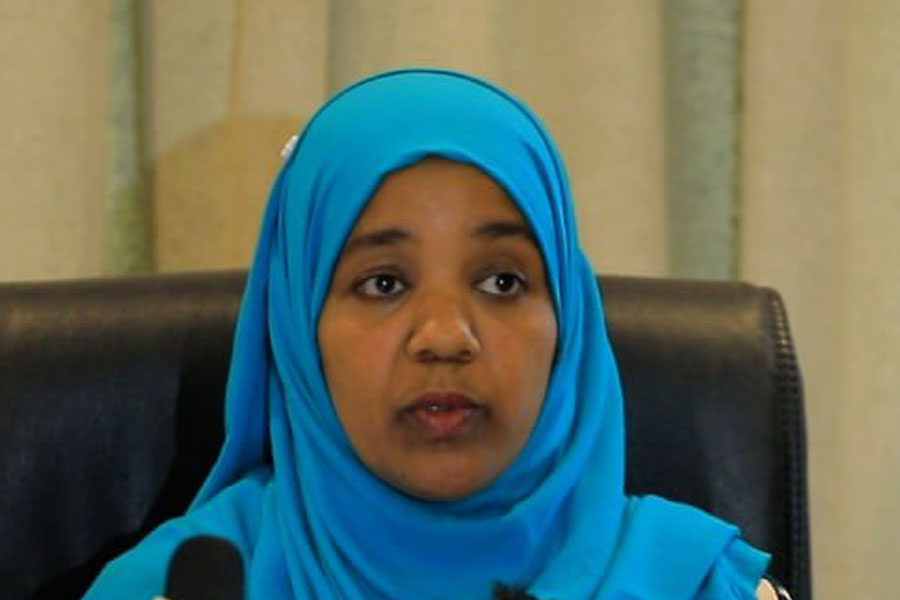
Radar | Mar 04,2023

Featured | Sep 27,2020

Featured | Sep 23,2023

Viewpoints | Jun 22,2024

Sunday with Eden | Jan 01,2022

Fortune News | Oct 28,2023

Sunday with Eden | Jun 20,2020
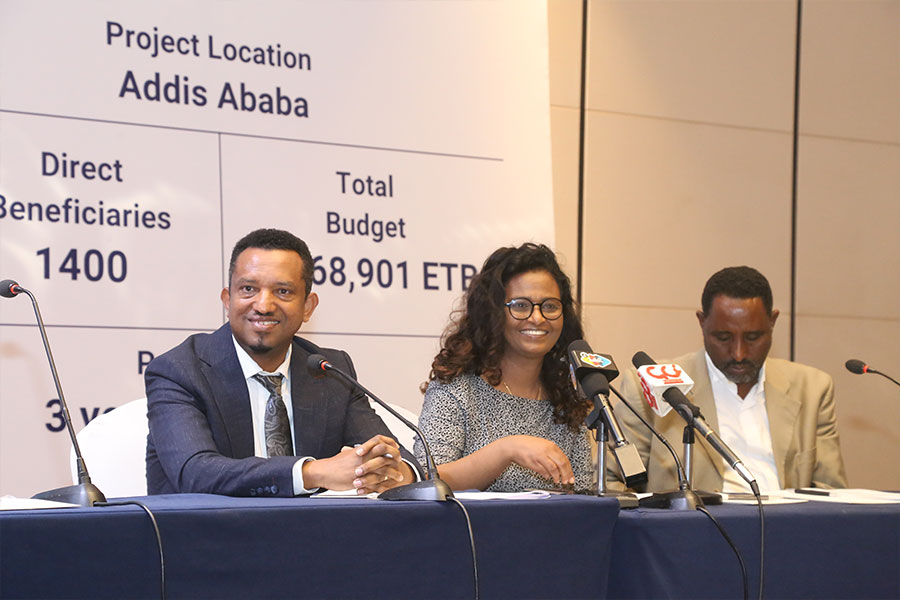
Radar | Sep 24,2022

Viewpoints | Feb 25,2023

My Opinion | 131243 Views | Aug 14,2021

My Opinion | 127593 Views | Aug 21,2021

My Opinion | 125566 Views | Sep 10,2021

My Opinion | 123211 Views | Aug 07,2021





Dec 22 , 2024 . By TIZITA SHEWAFERAW
Charged with transforming colossal state-owned enterprises into modern and competitiv...

Aug 18 , 2024 . By AKSAH ITALO
Although predictable Yonas Zerihun's job in the ride-hailing service is not immune to...

Jul 28 , 2024 . By TIZITA SHEWAFERAW
Unhabitual, perhaps too many, Samuel Gebreyohannes, 38, used to occasionally enjoy a couple of beers at breakfast. However, he recently swit...

Jul 13 , 2024 . By AKSAH ITALO
Investors who rely on tractors, trucks, and field vehicles for commuting, transporting commodities, and f...

Jun 21 , 2025
A well-worn adage says, “Budget is not destiny, but it is direction.” Examining t...

Jun 14 , 2025
Yet again, the Horn of Africa is bracing for trouble. A region already frayed by wars...

Jun 7 , 2025
Few promises shine brighter in Addis Abeba than the pledge of a roof for every family...
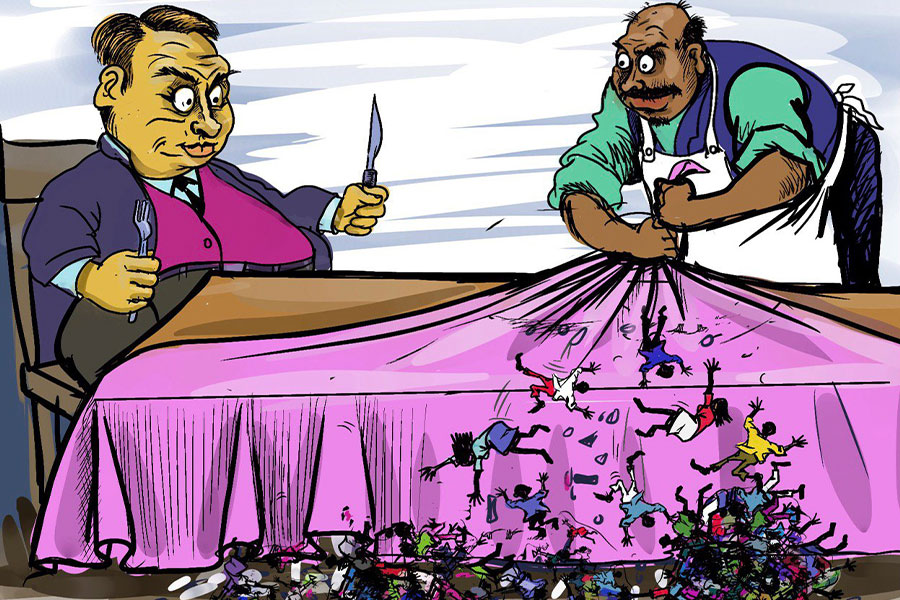
May 31 , 2025
It is seldom flattering to be bracketed with North Korea and Myanmar. Ironically, Eth...
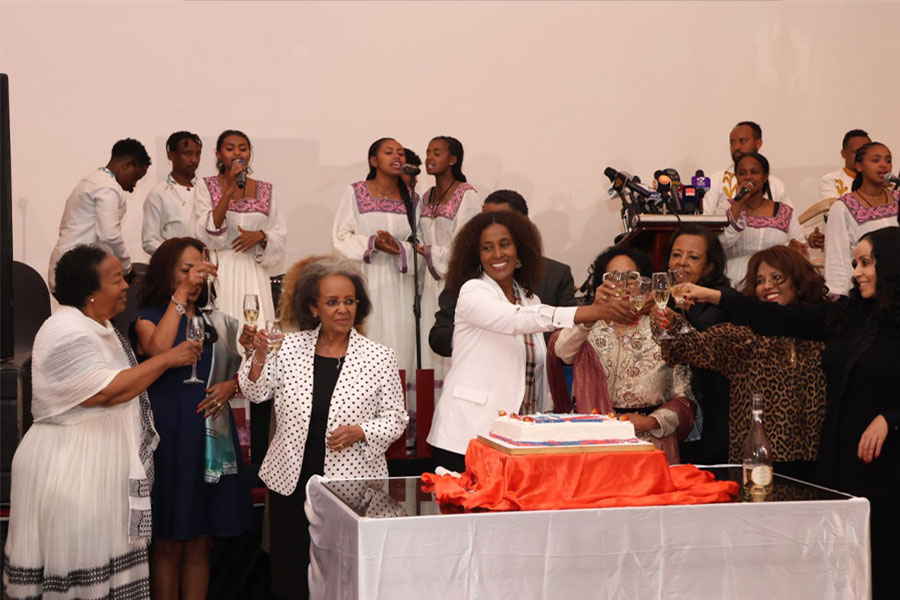
Jun 21 , 2025
In a landmark move to promote gender equity in the banking industry, the National Bank of Ethiopia (NBE) has released its inaugural Gender F...

Jun 21 , 2025 . By BEZAWIT HULUAGER
Officials of the Ministry of Urban & Infrastructure have tabled a draft regulation they believe will...

Jun 21 , 2025 . By AMANUEL BEKELE
A sudden ban on the importation of semi-knockdown and completely knockdown kits for gasoline-powered vehi...
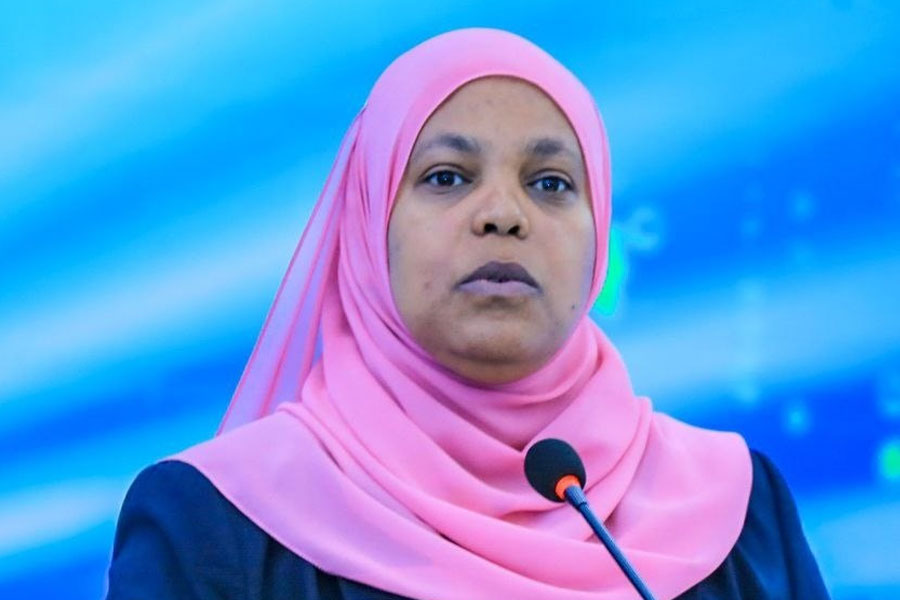
Jun 21 , 2025 . By RUTH BERHANU
Mufariat Kamil, minister of Labour & Skills (MoLS), is rewriting the rules on overseas work, hoping t...